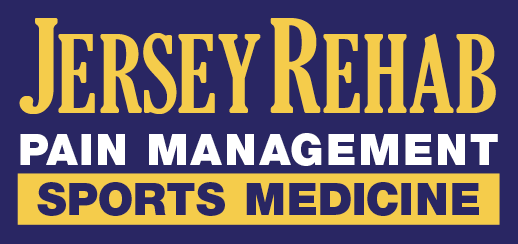Chronic Pain FAQ
Non-surgical options for managing chronic pain include a variety of therapies and techniques tailored to the individual’s condition. Common approaches include:
- Physical Therapy: Exercises and stretches to improve strength, flexibility, and posture, reducing pain and preventing recurrence.
- Pain Medications: Over-the-counter drugs like NSAIDs (e.g., ibuprofen) or prescribed medications, including muscle relaxants or antidepressants, to manage pain levels.
- Chiropractic Care: Spinal adjustments and realignment to alleviate pressure and improve mobility.
- Alternative Therapies: Acupuncture, massage, and biofeedback are often used to complement traditional treatments.
- Lifestyle Modifications: Incorporating regular exercise, proper ergonomics, and weight management to reduce stress on affected areas.
- Injections: Corticosteroid or nerve block injections for temporary, targeted pain relief.
Lifestyle changes are fundamental to managing chronic pain and improving overall well-being.
- Exercise: Regular physical activity strengthens muscles, improves flexibility, and increases endorphins, the body’s natural painkillers. Low-impact exercises like swimming, yoga, and walking are particularly effective.
- Diet: A balanced diet rich in anti-inflammatory foods, such as fruits, vegetables, whole grains, and omega-3 fatty acids, can help reduce inflammation that exacerbates chronic pain. Avoiding processed foods and excess sugar also supports pain management.
- Weight Management: Maintaining a healthy weight reduces stress on joints and the spine, alleviating pain.
- Stress Reduction: Techniques like meditation, deep breathing, and mindfulness can help manage stress, which often exacerbates pain perception.
Professional help should be sought if:
- Pain persists for more than a few weeks despite self-care measures.
- Pain significantly interferes with daily activities, work, or sleep.
- The individual experiences additional symptoms, such as numbness, weakness, or radiating pain.
- Over-the-counter medications or alternative therapies are ineffective in providing relief.
- Pain is accompanied by other concerning signs, such as unexplained weight loss, fever, or changes in bowel or bladder control.
A pain management specialist or healthcare provider can assess the condition, identify underlying causes, and create a personalized treatment plan to address the pain effectively.
